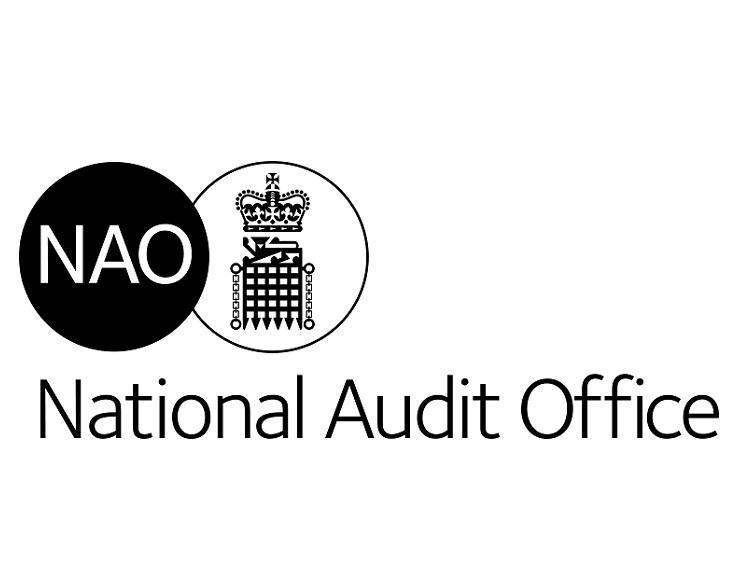Retaining and developing the teaching workforce – Sector Response

Today, (12 Sept), the National Audit Office (NAO) has published their report, “Retaining and developing the teaching workforce” on teacher recruitment and retention.
Kevin Courtney, Joint General Secretary of the National Education Union, said:
This NAO report provides a challenging judgement on the work of this government in meeting its responsibilities around evidence-informed and impactful spending of scarce public resources in education, particularly around the improvement and retention of the existing teaching workforce.
The report’s findings are an indictment of a record of failings that stretches back over several years. The Department for Education has failed to engage with schools on issues of recruitment, retention and professional development. Its response to an ongoing crisis has been on a scale far too modest to achieve effective change and has failed to collect the basic information which would allow it to address acute local-level problems.
We have long decried the Government’s limited focus on teacher recruitment, which ignores the early exodus made by many excellent and experienced teachers due to an inflexible and excessive-working-hours culture. Children’s education will suffer if Government cannot fulfil its basic responsibility to train and retain enough qualified teachers
Recruitment, retention, workload and professional development should be at the heart of Government policy for the teaching workforce. These issues cannot be left to schools: they are a responsibility of central government.
Meg Hillier MP, Chair of the Committee of Public Accounts said:
Workloads are one of the main reasons teachers leave the profession, yet the Department expects schools to make efficiency savings in staffing – which means fewer teachers.
The rise in teacher vacancies in secondary schools nationally is a key risk for pupils, as the Department itself acknowledges.
The Department has not yet done enough to understand and act on local variation in teacher supply and quality since the Public Accounts Committee reported on training new teachers last summer. It is still taking too much comfort from national statistics when education is a local issue with local implications.
A Department for Education spokesperson said:
There are now a record number of teachers in our schools – 15,500 more than in 2010 – and overall the number of new teachers entering our classrooms outnumbers those who retire or leave. Last year more than 14,000 former teachers returned to the classroom, an increase of 8% since 2011. We continue to invest significant sums in teacher recruitment with £1.3billion up to 2020 being invested in teacher bursaries to attract the best and brightest into the profession.
We recognise there are challenges facing schools and we are taking significant steps to address them. We have established a £75million fund to support high-quality professional development in those schools where teacher retention is an issue, and we are making it easier to advertise vacancies. In addition, we are working with Ofsted to tackle workload and will continue to engage with the profession to better understand the specific challenges and how we can address them.
We’re pleased to see the findings highlight that there are now more pupils in schools where Ofsted has rated the quality of teaching and learning as “good” or “outstanding”. Overall, 82 per cent of secondary school pupils in 2016 are now in such schools.
The report also found that a greater number of qualified teachers are returning to state schools. In 2016, 14,200 teachers returned to work in state schools – an increase of 1,110 since 2011.
This is proof that the work we’re undertaking to support high-quality development for teachers and school leaders in areas of the country and the schools that need it most is working.
In terms of teacher retention, we continue to offer generous financial incentives for trainee teachers – including scholarships in geography and modern foreign languages. We are investing £16.7m in our marketing campaign (Your Future, Their Future), which is an increase of £6.1m on the previous year.
We take teacher recruitment very seriously which is why we are investing £1.3 billion up to 2020 to continue to attract the best and brightest into teaching and have given headteachers freedom over teacher pay, including the ability to pay good teachers more.











Responses